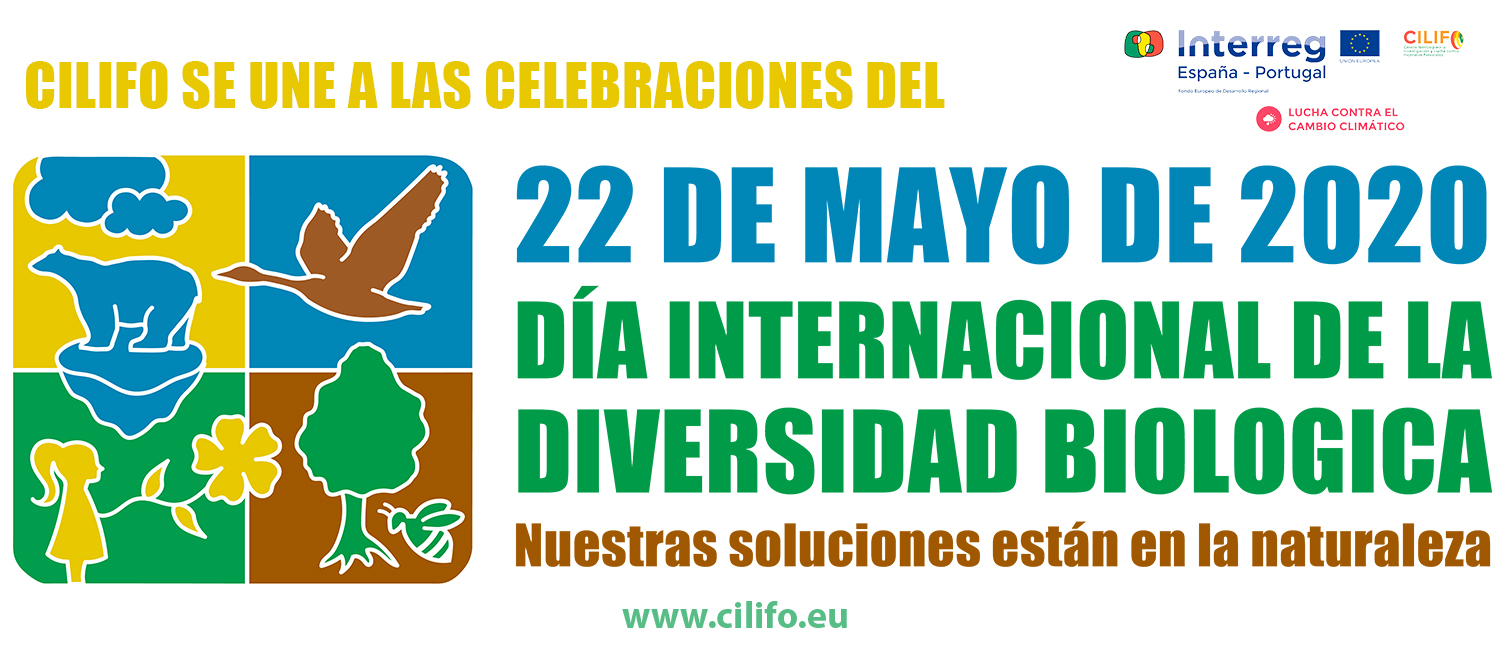22.05.2020. The loss of biodiversity is a loss for humanity, that is why every 22nd of May since 1993 is celebrated as the International Day for Biological Diversity. This day aims to increase understanding and awareness of issues related to biological diversity (the variability of living organisms, including diversity within species (genetics), between species and of ecosystems.
One of the key pillars of the Iberian Centre for Research and Fight against Forest Fires (CILIFO) is awareness, since prevention is one of the main actions in the fight against forest fires, and it includes both preventive forestry on forest fuel, and other actions aimed at raising public awareness of the problem of fires: “social prevention”.
Environmental education and awareness is a complement to environmental policies and actions, since without the active and committed involvement of all members of society, the environmental strategies carried out by public and private bodies would not be sufficient to meet the challenges presented by sustainable development. For this reason, knowing the mechanisms of fire, the way in which the extinguishing devices and the harmful consequences of these, is a fundamental link in the chain that leads us to its prevention.
The biological diversity is a global good of great value for the present and future generations, the number of species diminishes at an accelerated rate, due to the human activity, according to the Web of the United Nations. Given the importance of education and public awareness about this threat, CILIFO joins the celebration of the International Day of Biodiversity 2020.
About biological diversity:
As the United Nations explains on its website: “Biodiversity is understood to mean the wide variety of plants, animals and microorganisms that exist, but it also includes the genetic differences within each species – for example, between varieties of crops and breeds of livestock – as well as the variety of ecosystems (lakes, forests, deserts, agricultural fields,…) that host multiple interactions between their members (humans, plants, animals) and their environment (water, air, soil…)”.
In addition, biological resources “are the pillars that support civilizations. Fish provide 20% of animal protein to some 3 billion people. More than 80% of the human diet is composed of plants. Approximately 80% of people living in rural areas in developing countries depend on traditional plant-based medicines for basic health care.
Finally, the United Nations reports on its website that 2020 is a year “of reflection, opportunity and solutions. 2020 is the year when, more than ever, we must express our will to “flatten and reduce the curve” of biodiversity loss for the benefit of humans and all life on Earth. 2020 will see the final period of the 2011-2020 Strategic Plan for Biodiversity and the Aichi Targets, as well as the Decade of Biodiversity, which will usher in new biodiversity decades for the period 2021-2030: the Decade of Ocean Science for Sustainable Development and the UN Decade of Ecosystem Restoration; and the Biodiversity Summit, to emphasize the need for high-level action in support of a post-2020 global biodiversity framework.
For more information on International Biodiversity Day: https://www.un.org/es/observances/biological-diversity-day
Contact: Beatriz Martínez (EU Project Officer at Fundación Finnova) beatriz.martinez@finnova.eu


